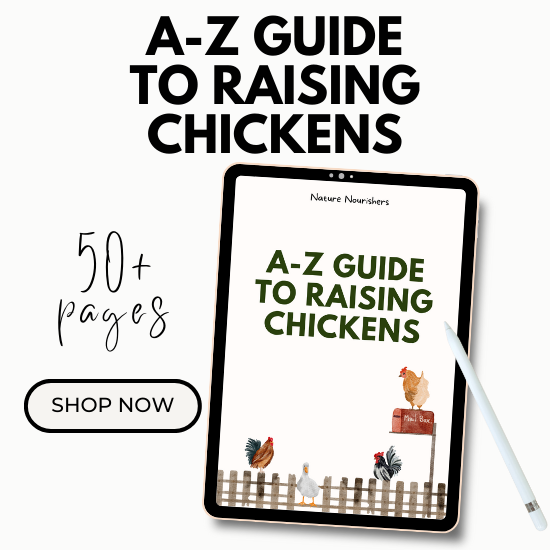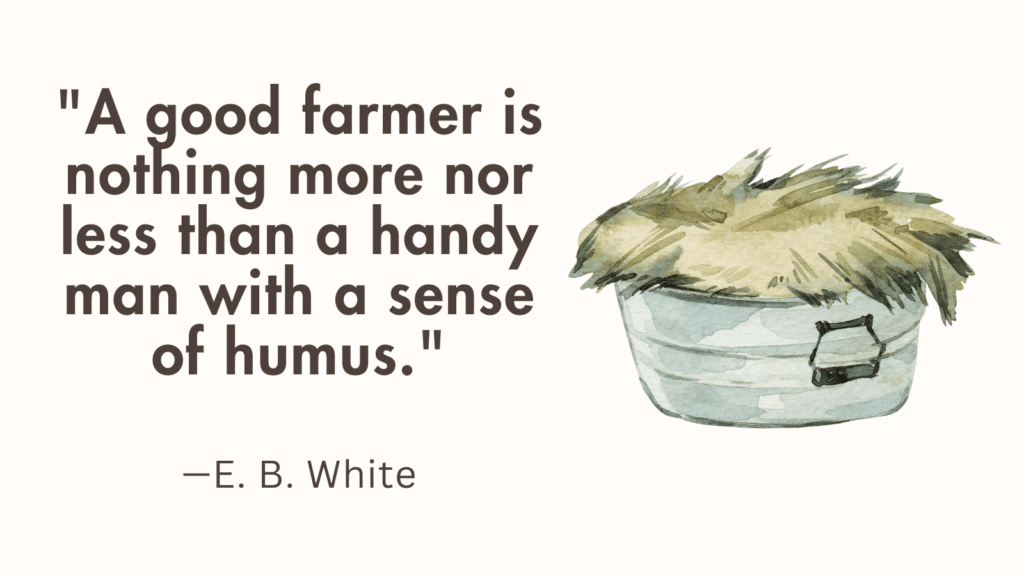In this post, you’re going to find out the answer to the question “can horses eat clover?”
Can Horses Eat Clover?
Yes, horses can eat clover.
Clover is a common forage plant that is generally safe for horses to consume.
It is often found in pastures and can be a part of their natural diet.
Nutritional Value of Clover for Horses
Clover can provide several nutritional benefits for horses. Here are some key nutrients found in clover:
1. Protein
Clover is rich in protein, which is essential for muscle growth, maintenance, and repair.
Protein is especially important for growing horses, working horses, and those in need of muscle development or recovery.
2. Vitamins
Clover contains various vitamins, including vitamin A, vitamin E, and vitamin K.
These vitamins contribute to overall health and well-being.
Vitamin A is crucial for vision, immune function, and reproductive health.
Vitamin E acts as an antioxidant, supporting muscle function and protecting against oxidative stress.
Vitamin K plays a role in blood clotting and bone health.
Related: How to Protect Your Watermelon Farm?
3. Minerals
Clover is a good source of minerals such as calcium, phosphorus, potassium, and magnesium.
Calcium and phosphorus are essential for maintaining strong bones and teeth.
Potassium is important for proper nerve and muscle function, while magnesium is involved in enzyme systems and energy metabolism.
4. Fiber
Clover contains dietary fiber, which aids in proper digestion and helps maintain a healthy gastrointestinal tract.
Fiber also promotes a feeling of fullness, which can be beneficial for horses that need to manage their weight.
Related: Will Chickens Stop Laying If Coop Is Dirty? [Raising Chickens Complete Guide]
5. Energy
While clover is not as calorie-dense as grains or concentrates, it can still contribute to a horse’s overall energy intake.
This can be particularly useful for horses with lower energy requirements or those that need to maintain weight.
It’s important to note that the specific nutritional composition of clover can vary depending on factors such as the variety of clover, soil conditions, maturity of the plant, and how it is harvested or dried.
Potential Risks and Concerns
1. Digestibility
Clover contains high levels of protein and can be a nutritious addition to a horse’s diet.
However, some horses may have difficulty digesting clover due to its high fiber content.
For horses with sensitive digestive systems, excessive consumption of clover may lead to gas, bloating, or other digestive issues.
2. Potential for bloating
Certain varieties of clover, such as white clover, have a higher risk of causing bloating or gas colic if consumed in large amounts.
If clover makes up a significant portion of your horse’s forage, monitor them closely for any signs of discomfort or digestive issues.
Related: Does Contour Farming Work Everywhere?
3. Balance with other forages
While clover can provide valuable nutrition, it should not be the sole source of forage for horses.
It is important to ensure a balanced diet by incorporating other grasses and legumes into their feed or providing additional hay or pasture options.
4. Potential for photosensitivity
Some horses may experience photosensitivity when consuming certain types of clover, particularly red clover.
This reaction occurs when a compound in the clover reacts with sunlight, causing sensitivity to UV rays.
Monitor your horse’s skin for any signs of sunburn or blistering if they are consuming red clover.
As with any change in a horse’s diet, it is recommended to introduce new forages gradually and observe their response.
Monitoring their overall health, including weight, digestion, and behavior, will help you determine if clover is suitable for your horse and if any adjustments to their diet are necessary.
Consulting with a veterinarian or equine nutritionist can provide specific guidance based on your horse’s individual needs.
Related: Do Rabbits Eat Mint In The Garden?
FAQ
How much forage should I feed my horse?
Horses should have access to forage such as hay or pasture throughout the day.
As a general guideline, horses should consume around 1.5-2% of their body weight in forage per day.
This can vary depending on the horse’s size, activity level, and individual metabolism.
Do horses need grain?
Not all horses require grain in their diet.
Forage should be the foundation of their diet, providing essential fiber and nutrients.
However, grain or concentrate feeds can be added to meet additional energy requirements for horses in heavy work, lactating mares, or horses that need to gain weight.
It’s important to consult with a nutritionist to determine if and how much grain is needed for your specific horse.
Related: Why Do You Plant Rosemary By Your Garden Gate?
What minerals are important for horses?
Horses require various minerals for optimal health, including calcium, phosphorus, magnesium, potassium, sodium, and trace minerals like zinc, copper, and selenium.
These minerals play crucial roles in bone development, muscle function, nerve transmission, and overall metabolic processes.
Balancing mineral intake through proper forage, feed, or supplementation is essential.
How much water should horses drink?
Horses need access to fresh, clean water at all times.
On average, a horse should consume about 5-10 gallons (19-38 liters) of water per day.
However, this amount can increase in hot weather, during exercise, or when a horse is lactating or nursing.
Can horses eat fruits and vegetables?
Yes, horses can eat certain fruits and vegetables in moderation.
Some suitable options include apples, carrots, bananas, and watermelon.
However, certain fruits like avocados or parts of certain vegetables like tomatoes and potatoes can be toxic to horses, so it’s important to research which foods are safe before offering them.
Related: How To Put Slate In A Garden?
How often should I feed my horse?
The general recommendation is to divide a horse’s daily feed into multiple small meals rather than a few large ones.
This helps maintain a healthier digestive system and reduces the risk of issues like colic.
Feeding horses at least three times a day is typically advised, but it may vary based on the horse’s individual needs and schedule.
Remember, nutritional requirements can vary depending on factors like age, breed, activity level, health status, and metabolism.
It’s always recommended to consult with an equine nutritionist or veterinarian to develop a feeding plan tailored to your horse’s specific needs.

Garden Cart
*As an Amazon Associate I earn from qualifying purchases, at zero cost to you, if you click through the link and finalize a purchase.



